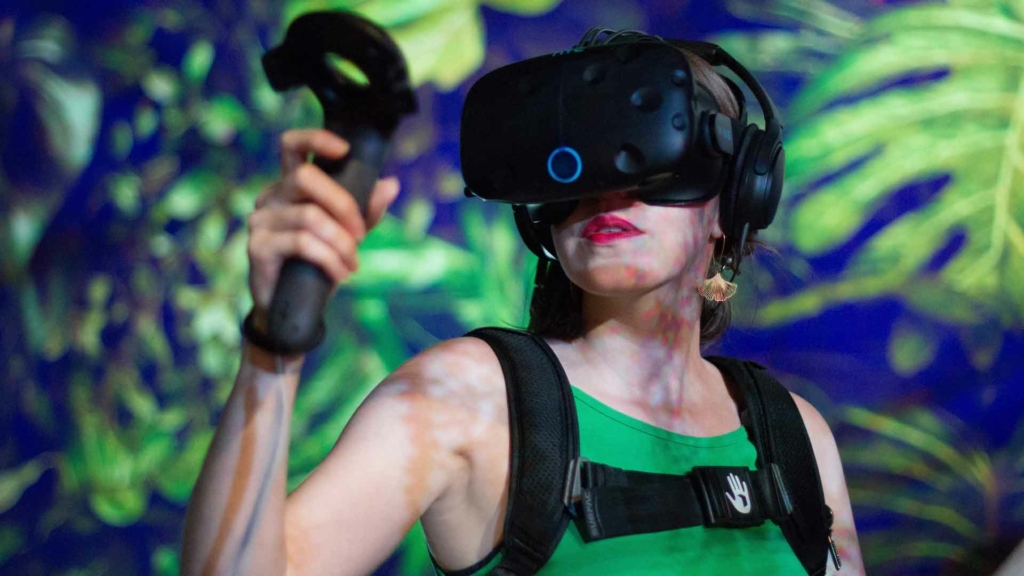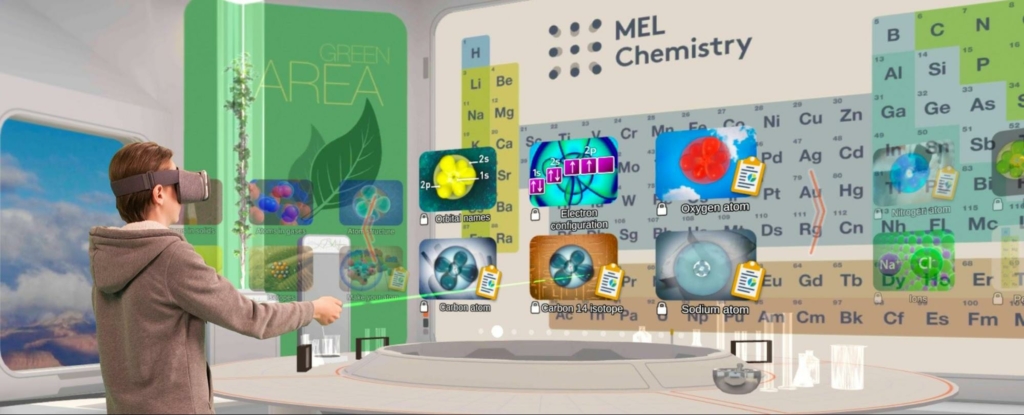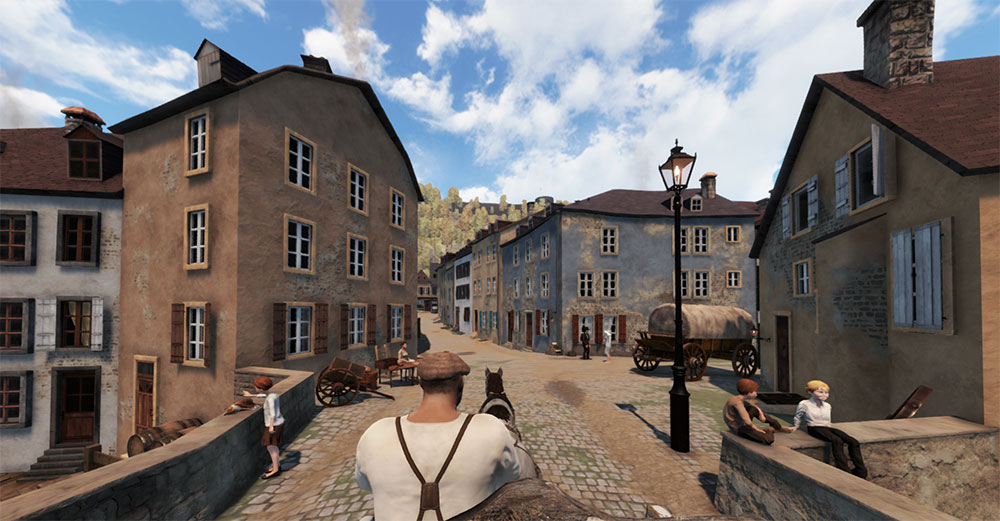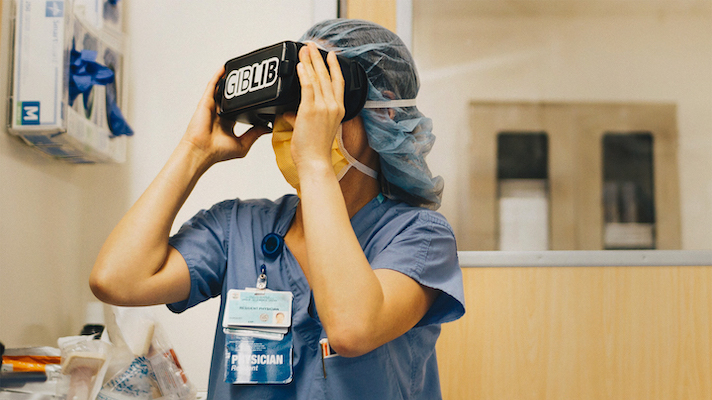Most things in the crypto world need lots of explaining, but for many it’s easy to imagine how the metaverse could transform education. Kids like to learn interactively — we don’t need studies to tell us that shocking fact.
Plus, since COVID caused a 93% increase in online learning from 2019 to 2020 according to Inside Higher Ed, the education environment for most students has completely shifted. The same study also found nearly 60% of institutions plan to continue their online offerings even when they’re no longer required for public health reasons.
When it comes to AR and VR for learning, there are lots of ways these technologies can modernize education and bring students into an immersive experience, engaging them more deeply. Here are three ways the metaverse could transform education.
Science simulations
Science is an obvious gold mine for utilizing augmented reality and virtual reality. Bringing STEM concepts to life in a digital experience makes them more accessible than just looking at a textbook. Because a lot of scientific learning requires location-based or hands-on experiences anyway, recreating them in the metaverse can not only modernize education but make it less difficult to access.
Arizona State University has teamed up with Dreamscapes to build VR classrooms for biology students. The students are able to learn through storytelling and art and participate in a real way for projects like creating their own time-traveling climate-change scenario. There’s even a “black box” room that enhances the VR experience with haptic sensations like a shaking floor and blowing wind.
History time travel
Another really cool way the metaverse could transform education is by making history more real and experiential. Instead of reading, telling stories, or watching documentaries, students can see famous landmarks, experience different times, cultures, and famous events with AR and VR. And as we move into the future, VR can document our time period in a way that will be totally immersive for people in the future. It’s already possible to go back in time several years with Google street view.
Imagine putting on a VR headset and traveling to Washington’s inaugural, Pearl Harbor, or Dunkirk. There are already all kinds of projects out there to whisk students away to times and places we could only ever reach in our imaginations. Move over, Carmen Sandiego, the metaverse could transform education even more than you did back in the 1990s.
Continuing education and employee training
Everyone loves kids and knows how important it is to educate them well. But they’re not the only students. AR and VR can also modernize education for adults who have more to learn. For example, medical professionals can receive continuing education for things like GI surgeries. One course offers 25 hours of real surgeries recorded in 360 VR.
Because we’ve had things like robot surgeries and flight simulators for many years, we understand how VR can be used for learning hard skills recreated in a digital environment. But AR and VR also work for soft skills that are needed for leadership and management. One survey found VR made educational training 4x faster and participants felt 275% more confident to apply the skills they learned.
How the metaverse could transform education for tech natives
A Neilsen report showed that 71% of Americans use their phones while watching TV as an extension of the experience. They could be looking up info, messaging about what they’re watching, or using social media to share about it. People are already used to being immersed in technology. It only makes sense to modernize education in a way that enhances learning and creates a familiar environment for tech natives.
We’re just beginning to develop the technology and educational tools, but it’s not a question of if the metaverse could transform education, it’s a question of how soon. From scientific simulation to historical time travel to continuing education, there’s a lot coming for education in the metaverse.
About the Author

Michael Hearne
About Decentral Publishing
Decentral Publishing is dedicated to producing content through our blog, eBooks, and docu-series to help our readers deepen their knowledge of cryptocurrency and related topics. Do you have a fresh perspective or any other topics worth discussing? Keep the conversation going with us online at: Facebook, Twitter, Instagram, and LinkedIn.






